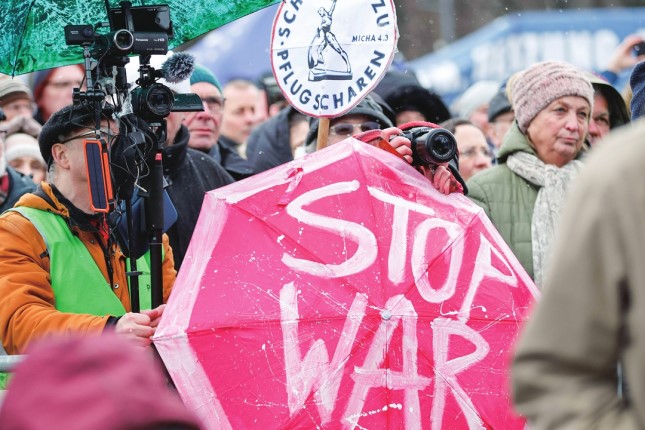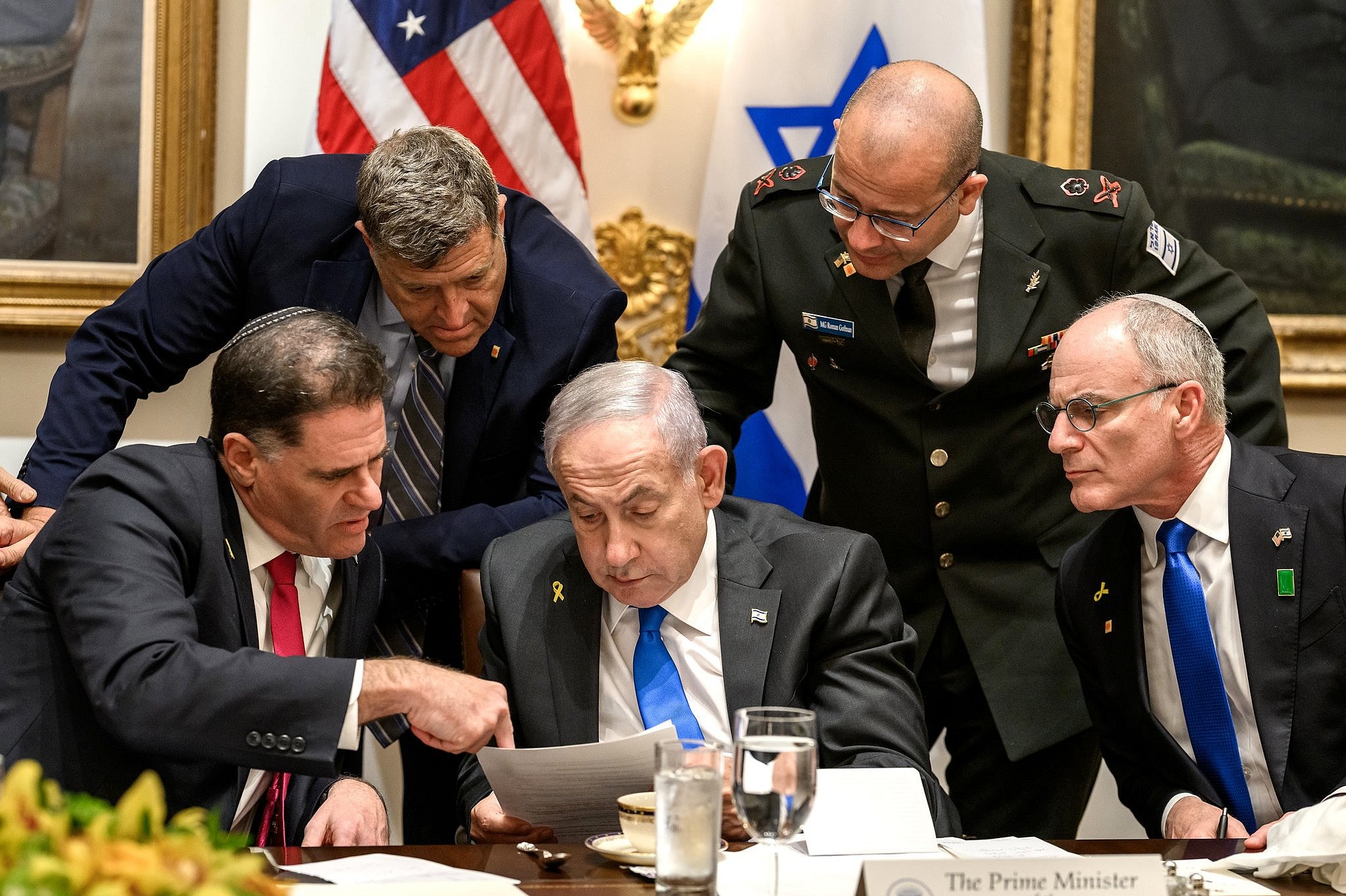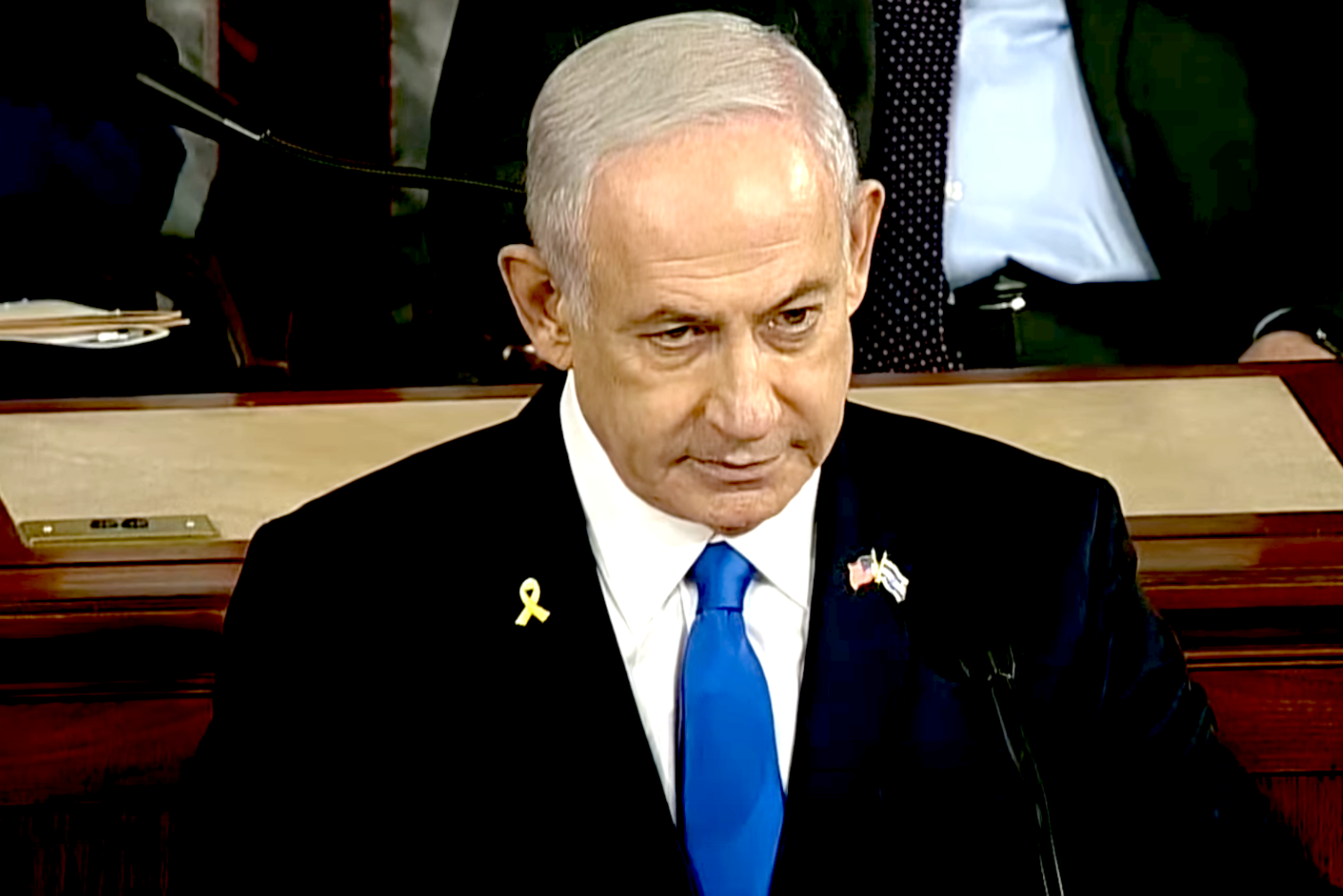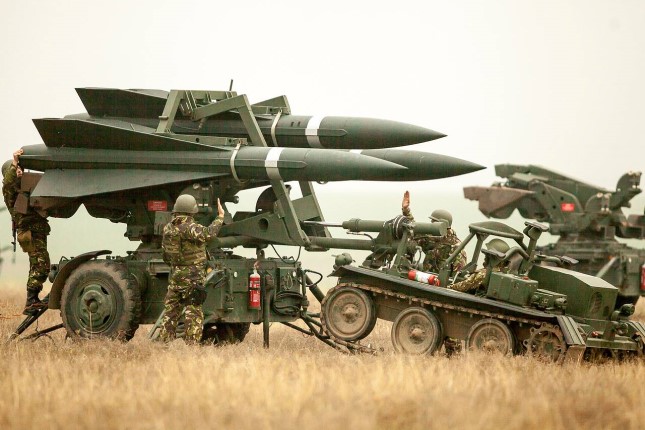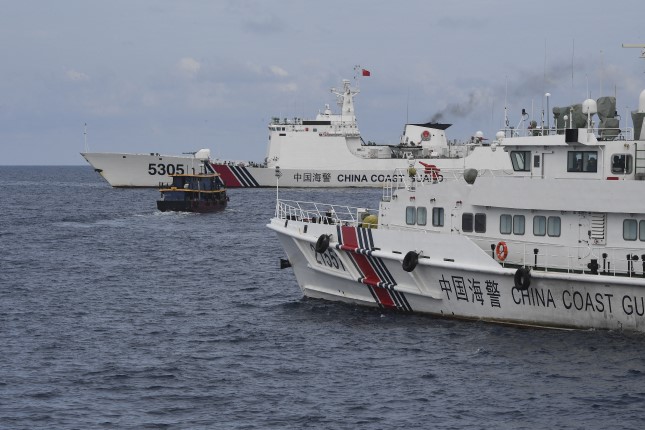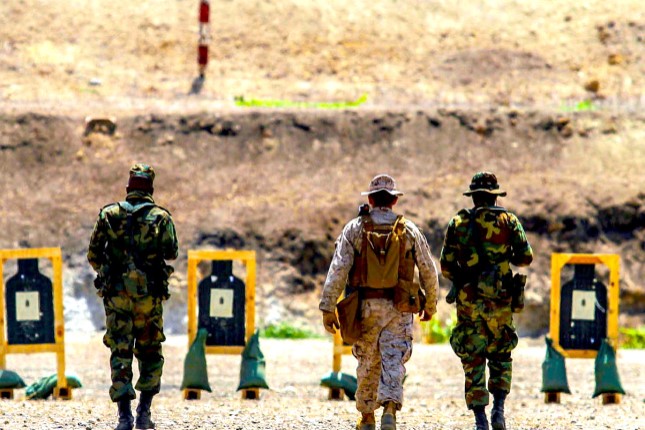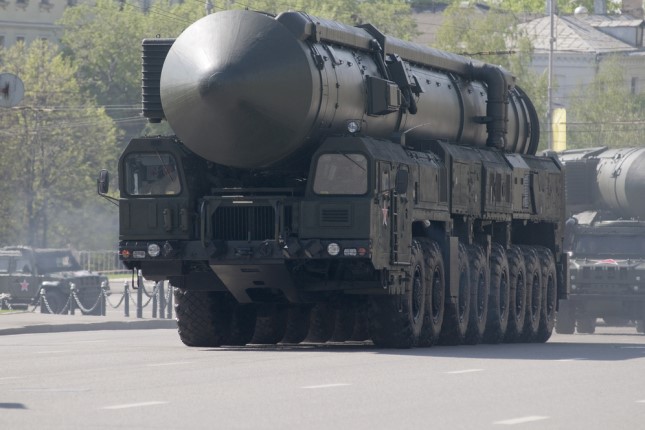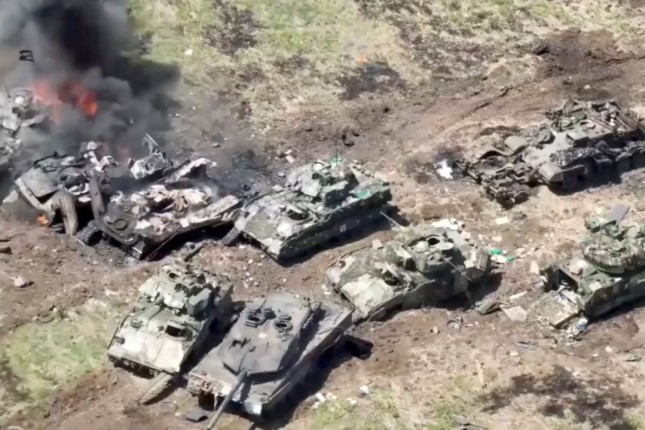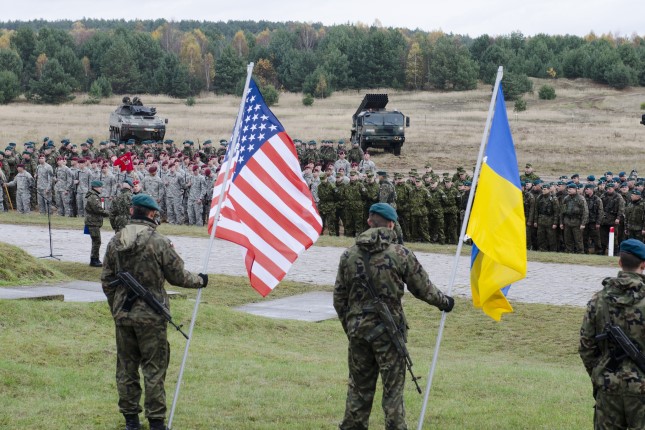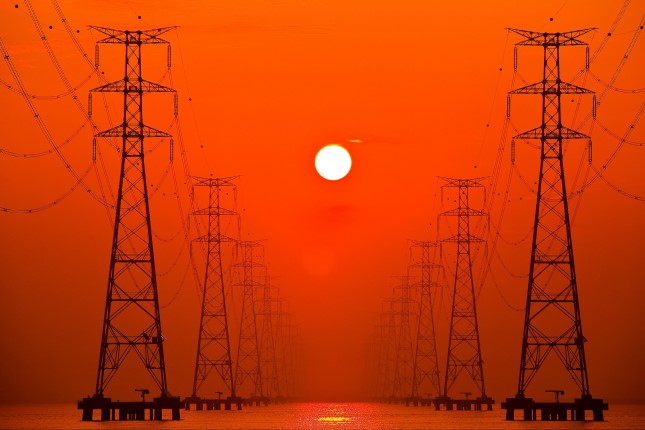Western countries' latest round of isolation of and sanctions against Russia further dim the prospect of peace talks, and will only lead to more bloodshed, more sacrifice during the Russia-Ukraine conflict, and more property loss worldwide, said Chinese experts after Western countries attempted to frame a statement condemning Moscow at the G20 gathering, and the EU slapped a new round of sanctions against Russia.
In order to provide a solution for the current deadlock, China on Friday unveiled a peace plan on solving the crisis. The plan, although widely welcomed by relevant parties, was smeared by the US as "not rational." Experts believe the groundless accusations exposed the US' selfish desire of not wanting the conflict to end, and its attempt to dwarf China's influence on negotiating global affairs.
In a two-day gathering of G20 finance ministers in Bengaluru, India, which ended on Saturday, some members were plotting to sign a joint communiqué to denounce Russia on its conflict with Ukraine. But the effort failed due to opposition from Russia and China, and India also shied away from making a clear point whether to join the condemnation, media reported.
Meanwhile, The EU and some Western countries, including the US and the UK, slapped a new round of sanctions against Russia in the nick of time on Friday, including further export bans worth more than $11.6 billion, sanctions on about 120 Russian individuals and entities and a new reporting obligation on Russian Central Bank assets, according to a document published by the EU on Saturday.
The slew of sanctions are anticipated to have very limited impact on Russia. "They are just diplomatic and symbolic gestures from the Western countries to vent out their frustrations," said Li Ziguo, a senior research fellow with the China Institute of International Studies.
Western nations have already exhausted their repertoire of sanctions against Russia, including sanctions on Russia's crude oil and natural gas.
"The decoupling of energy and trade between Russia and Europe and the US was long formed after the first rounds of sanctions," Li noted. Russia, on the other hand, is also working out ways to offset the impact of West's sanctions, said Li.
Russia's economy contracted by 2.1 percent in 2022, the federal statistics service said on Feburary 20, shrinking less than anticipated despite the sanctions.
Further isolating Russia on the international stage and slapping sanctions have only made prospects of peace talks or using political means to solve the conflict dim, Zhang Hong, an associate research fellow at the Institute of Russian, Eastern European and Central Asian Studies of the Chinese Academy of Social Sciences, told the Global Times.
"Such impulse actions may help Western countries vent out their frustration and feel better for a minute, but it will cause more bloodshed, more sacrifice and bigger property loss as it further fuels the conflict," said Zhang.
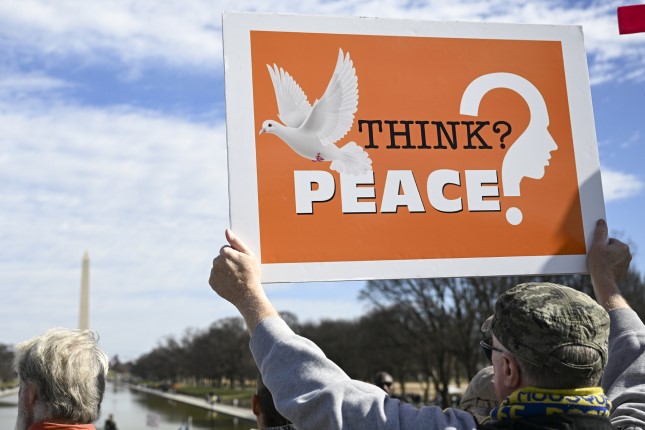
Several hundred protesters gather for an anti-war demonstration to oppose US military aid to Ukraine in front of the Lincoln Memorial in Washington DC on February 19, 2023. The rally's organizers and speakers also called for the Pentagon's budget to be slashed and NATO to be disbanded. Photo: VCG.
China offered solution for peace
In order to push the peaceful settlement of the conflict, the Chinese Foreign Ministry on Friday released a document about China's position on the political settlement of the Ukraine crisis, including respecting the sovereignty of all countries and resuming peace talks. The plan was widely applauded. Russia welcomed on Friday China's 12-point proposal, and Russian Foreign Ministry spokeswoman Zakharova said in a statement that "with regard to the Ukraine crisis, Russia is open to achieving the goals of the special military operation by political and diplomatic means."
Ukrainian President Volodymyr Zelenskyy said he was open to considering some aspects of the plan, US media Politico reported on Saturday.
French President Emmanuel Macron also applauded the plan on Saturday. He was quoted by AFP as saying that "the fact that China is engaging in peace efforts is a good thing."
US President Joe Biden appeared to be one of the rare saboteurs of China's peace plan. In an interview with ABC on Friday, the US president said that "the idea that China is going to be negotiating the outcome of a war that's a totally unjust war for Ukraine is just not rational."
The Chinese plan advocates peace, while what the US wants is the conflict to be dragged on as it fits Washington's interest, so naturally Biden would throw mud at the Chinese plan, said Zhang. Another reason, according to Zhang, is that the US wants to dwarf China's influence on negotiating important international affairs.
The Pentagon announced a new package of long-term security assistance for Ukraine on Friday, marking the first anniversary of conflict with a $2 billion commitment to send more rounds of ammunition and a variety of small, high-tech drones into the fight, the Associated Press reported.
According to a report published by CNN in January 2023, the US and its allies have already sent nearly $50 billion in aid and equipment to Ukraine's military over the past year, and that Ukraine is burning through ammunition faster than the US and NATO can produce it.
The arms aid from the West proved futile to change the status quo of the conflict during the past year, and on the contrary, only fueled the crisis, said Li Haidong, a professor at the Institute of International Relations at the China Foreign Affairs University. "The current deadlock proved that China's plan of sitting relevant parties down for peace talk is a more feasible way of walking out of the quagmire," Li told the Global Times on Sunday.
China's rational, balanced and selfless plan, issued at a time when the US-led West is about to push the conflict to a more perilous situation, brings light of peace for the current deadlock, and injects much needed rationality for the deadlock, Li noted.
Main photo: Many Germans participate in a demonstration and rally for the peaceful settlement of the Russia-Ukraine conflict which called for "negotiations with Russia instead of arms deliveries for Ukraine" at the Brandenburg Gate, Berlin on February 25, 2023 © VCG.
Source: The Global Times.
